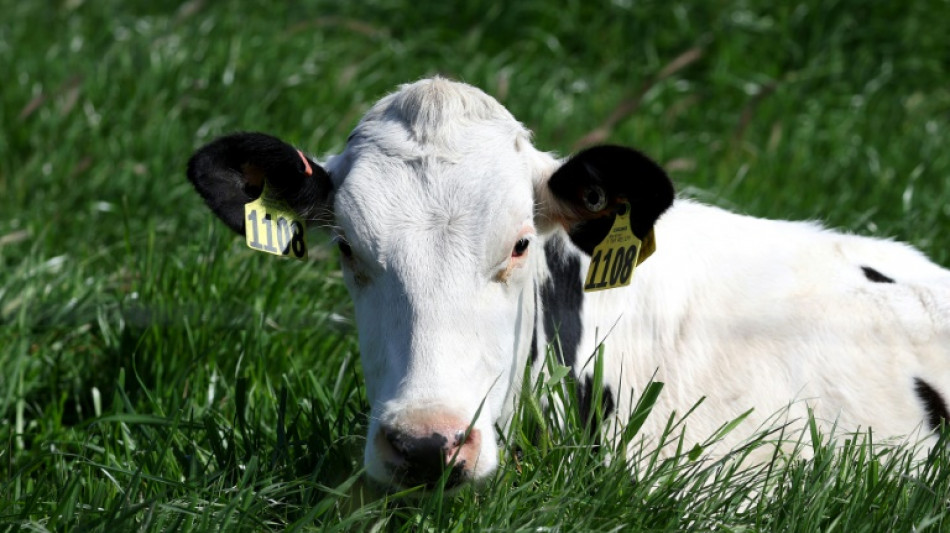

US reports third human case of bird flu in current outbreak
US officials on Thursday reported the country's third human case of bird flu linked to the current outbreak of the virus in dairy cattle.
The Michigan farm worker is the second person sickened by the disease in the Midwestern state, following a first case in Texas in April.
The Centers for Disease Control and Prevention (CDC) said in a statement all three cases were spread from cows to humans, as opposed to human-to-human, which would be more concerning.
But it added it was the first case "to report more typical symptoms of acute respiratory illness associated with influenza virus infection," while the previous cases resulted in mild symptoms including conjunctivitis.
The person's symptoms included cough without fever, eye discomfort and watery eye discharge. They were treated with the antiviral medicine oseltamivir and isolated at home, with their symptoms resolving.
The worker was not wearing personal protective equipment, which health authorities have recommended for those in close contact with dairy herds, said Michigan's health department.
Over the past few years, a highly pathogenic avian influenza virus called HPAI H5N1 has spread to infect more than 50 animal species, including, from March, dairy cattle in the United States.
Unlike in Europe, American farmers are allowed to feed cattle ground up chicken waste, which some scientists say may be a risk factor for bird flu -- though the feed industry has challenged this claim and US authorities believe wild birds are responsible for infecting cows.
"The risk to members of the general public who do not have exposure to infected animals remains low," said the CDC.
It added that finding a new case was "not surprising" because Michigan was proactively testing for cases among farmworkers.
In addition to using PPE, people should avoid close exposure to sick or dead animals including wild birds, domesticated birds and other domesticated animals, according to the CDC.
They should also avoid touching animal excrement or bedding, or consuming unpasteurized milk, the agency added.
Recent testing has confirmed mice are sickened by exposure to raw milk contaminated with bird flu, but pasteurization destroys the virus.
Most recently, the disease has been found in farm-raised alpacas in Idaho.
H.Vaccarello--LDdC



